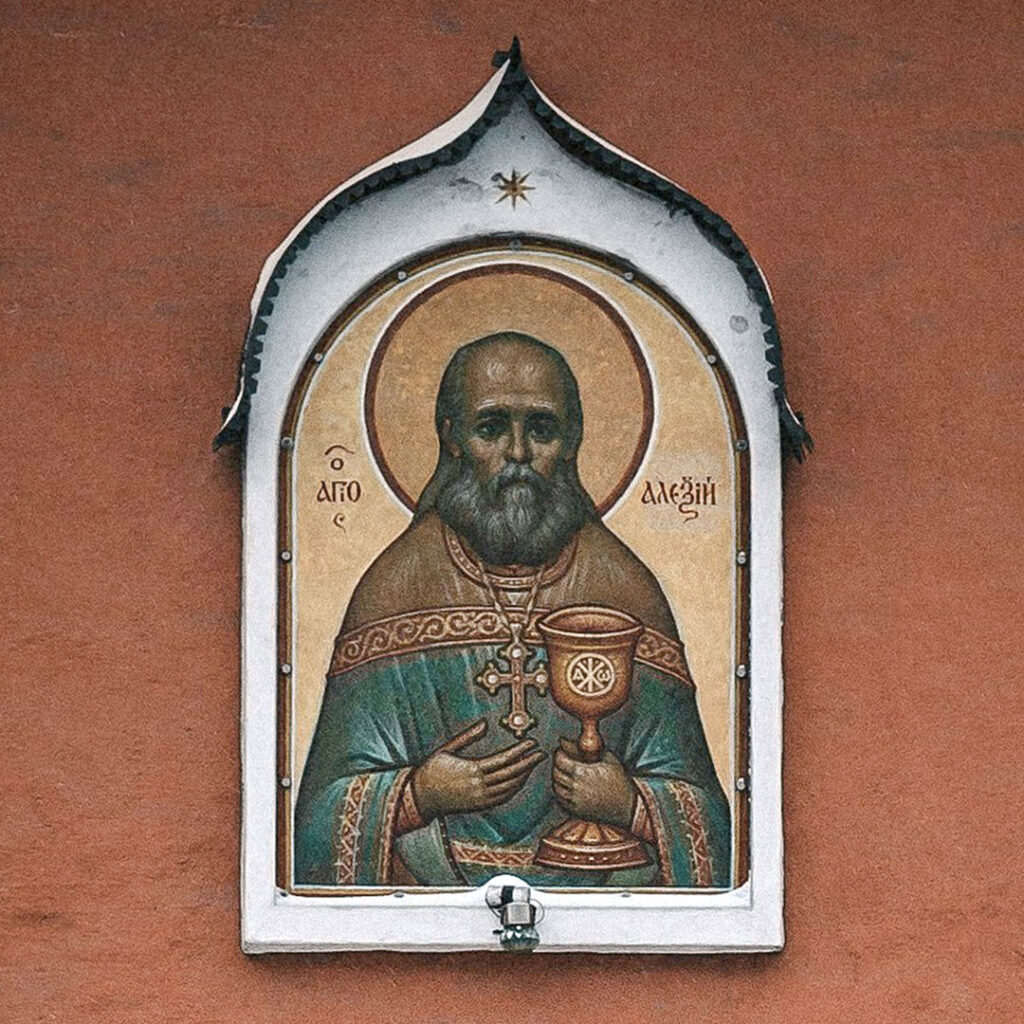Beer lovers have long celebrated legendary figures. Gambrinus is one, but another name stands out – Arnold of Soissons, better known as Saint Arnoldus.

A life of duty and devotion
Arnold (originally Arnulf) was born in 1040 in Tiegem, Belgium. At thirty, he left everything behind to join Saint Medardus Abbey in Soissons, France. There, he lived as a hermit, dedicating himself to prayer and solitude.
But fate had other plans. Arnold was reluctantly appointed Bishop Arnoldus. According to legend, he tried to run from his duty, but a wolf dragged him back to the abbey.
In 1083, his mission changed again. Sent to Flanders, he led peace negotiations. His success earned him the right to found St Peter’s Abbey in Oudenburg. Without hesitation, he stepped down as bishop and soon passed away.
Saint Arnoldus’ legendary statement
So why do brewers still honour him? Because Arnoldus saved lives with beer. In the eleventh century, deadly diseases spread fast. Polluted water made things worse. Arnoldus saw the danger and urged people to drink beer instead. Since brewing involved boiling water, beer became the safer choice.
According to legend, his abbey’s beer protected thousands from disease. His advice changed medieval life forever.
A legacy that lives on
But do not picture a modern pint. Back then, beer resembled today’s low-alcohol Table Beer. People drank it all day, even at breakfast. This tradition spread far and wide. Workers, monks, and even children drank beer instead of water. It provided safe hydration and essential nutrients. Without it, medieval communities might have faced even greater losses.
Arnoldus remains a symbol of beer’s importance in history. He is often depicted with a mash paddle or beer keg, a tribute to his influence. Every year, on 14 August, beer lovers raise a glass in his honour.
His story proves that beer is more than a drink – it is a part of history.


